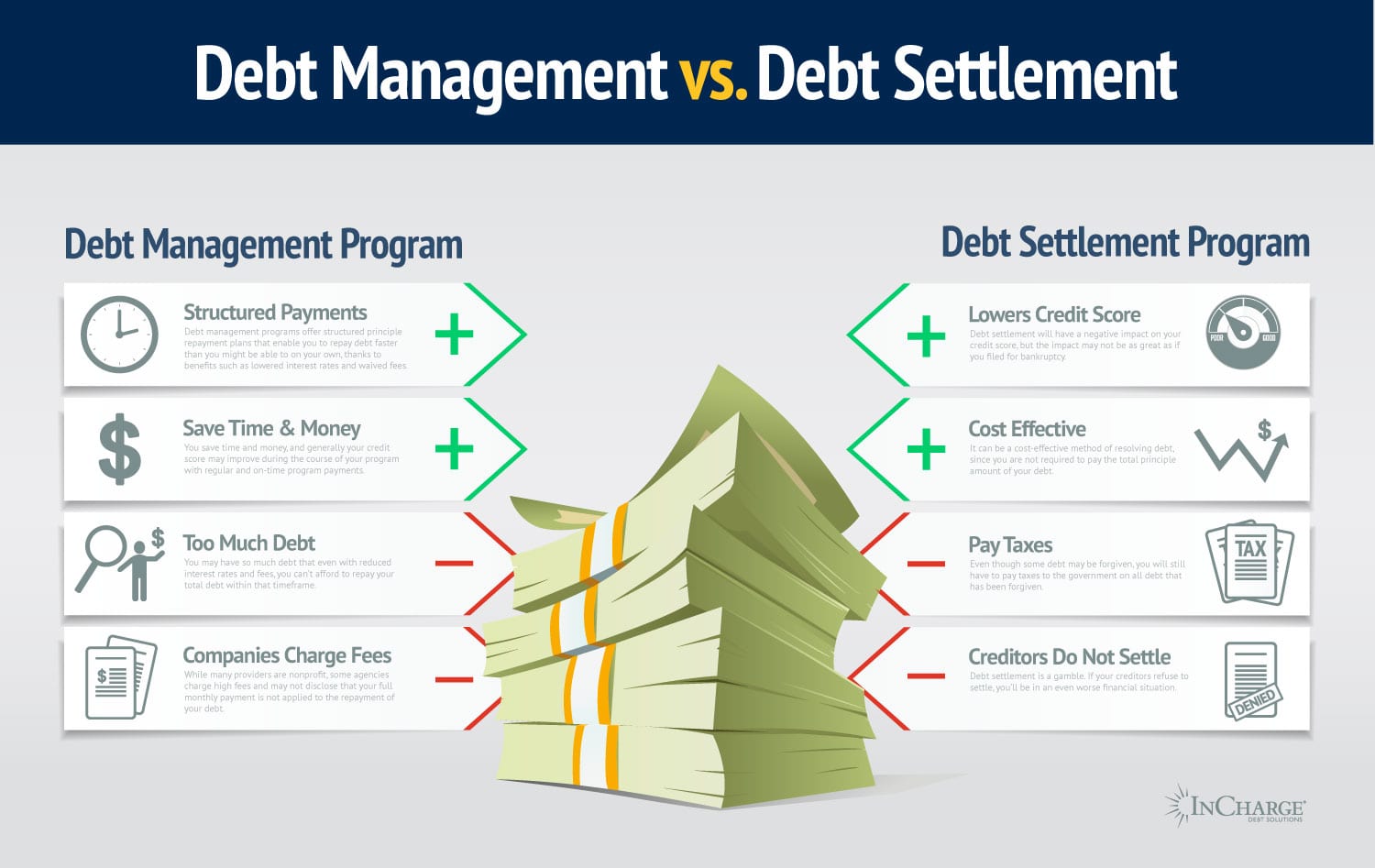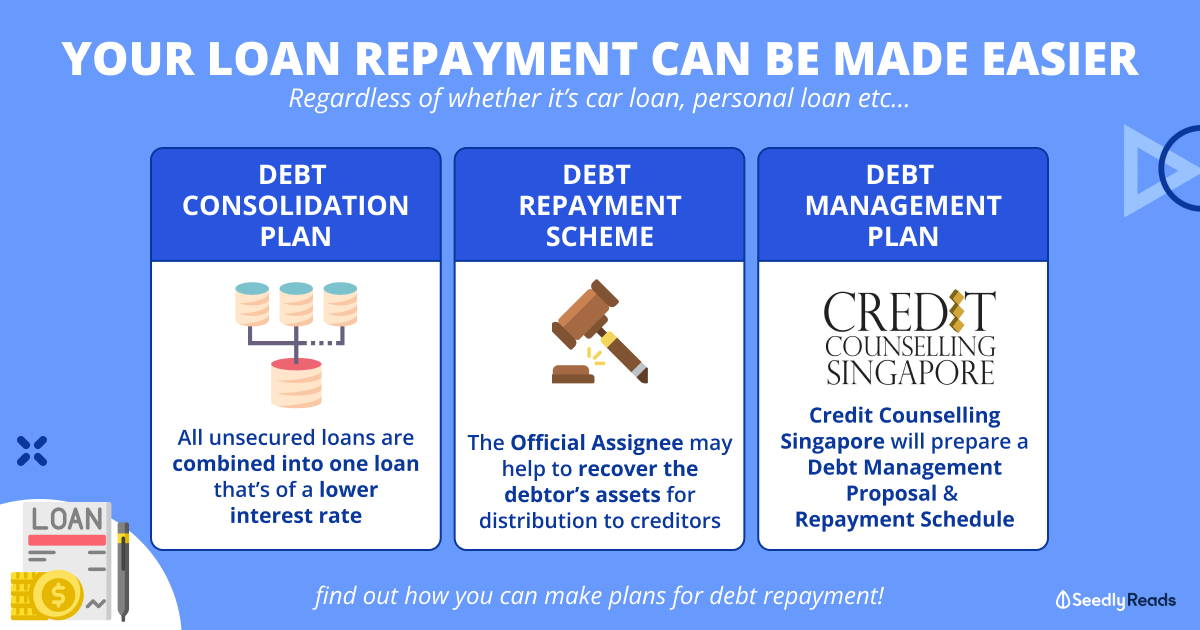Professional Tips and Approaches for Carrying Out a Successful Financial Obligation Management Plan
When it comes to navigating the intricacies of financial obligation administration, having a well-balanced strategy is crucial for attaining financial stability. From evaluating your current economic standing to discussing with financial institutions, each action plays a crucial function in shaping an effective debt management strategy.
Evaluating Your Current Financial Situation
Before beginning on a financial debt monitoring strategy, it is vital to completely review your present economic standing. Comprehending your monetary scenario is the foundational step in the direction of properly managing and minimizing your debt.

Establishing a Realistic Budget
Comprehending your present monetary circumstance prepares for developing a practical budget plan that lines up with your financial debt administration goals and economic abilities. When creating a spending plan, it's crucial to precisely track your revenue, expenses, and debt commitments. Begin by detailing all income sources, including wages, benefits, and any added revenues. Next, detail your fixed costs such as rental fee or mortgage repayments, energies, insurance coverage, and financing settlements. Variable costs like groceries, home entertainment, and transport ought to additionally be represented. By categorizing your costs, you can recognize locations where you may require to reduce back to maximize funds for financial debt settlement.

Prioritizing and Taking On Financial Obligations
To effectively gain back control of your funds and work towards economic security, prioritizing and tackling your financial obligations is an essential action in your financial debt administration plan. Determine high-interest financial debts that are costing you the most money and prioritize paying them off.
After recognizing your high-interest financial debts, take into consideration making use of techniques like the financial obligation snowball or financial debt avalanche method to pay them off systematically. The financial debt snowball technique involves repaying the tiniest financial debts initially, while the debt avalanche technique prioritizes financial obligations with the highest possible rates of interest. Pick the technique that aligns ideal with your monetary objectives and inspires you to keep making progression.
Furthermore, take into consideration bargaining with lenders for lower rates of interest check over here or establishing a payment strategy if you're having a hard time to fulfill your existing responsibilities. Looking for support from a credit history counselor or financial expert can also supply important understandings and pop over here guidance on how to effectively tackle your financial debts - debt management plan services. By prioritizing and resolving your financial debts tactically, you can lead the way in the direction of a debt-free future and enhanced monetary wellness
Bargaining With Lenders
When taking part in financial obligation administration, negotiating with creditors is an important action in the direction of discovering mutually useful services for debt payment. Open up interaction with creditors can cause revised layaway plan, decreased interest rates, or even negotiation offers. Before starting arrangements, it is important to have a clear understanding of your monetary circumstance, including your revenue, expenditures, and the total quantity of financial obligation owed. This info will certainly not just help you make sensible deals however likewise show to financial institutions that you are devoted to solving the financial obligation.

Building Healthy Monetary Behaviors
Including regular budgeting techniques is crucial for cultivating healthy and balanced economic behaviors. Budgeting permits people to track their revenue and costs, allowing them to make educated choices about their financial top priorities. Setting certain financial goals, such as conserving for emergencies or retired life, can supply a clear roadmap for managing cash efficiently.
An additional trick element of building healthy and balanced monetary practices is living within one's ways. This includes spending less than what is earned and staying clear of unneeded debt. Identifying and adopting an economical mindset between demands and desires can help people make even more sensible spending choices.
Regularly checking and evaluating monetary statements credit rating records are critical behaviors that advertise financial awareness and responsibility. By staying informed about their financial standing, this content people can recognize potential issues at an early stage and take positive steps to resolve them.
Moreover, developing a cost savings behavior, despite small quantities, can add significantly to long-term financial security. Conserving consistently not only builds a monetary cushion for unanticipated expenses but additionally promotes a sense of discipline and obligation towards finance. By continually exercising these routines, individuals can lay a solid foundation for a stable monetary future.
Verdict
In verdict, executing an effective financial obligation monitoring plan calls for a detailed assessment of one's financial situation, the development of a realistic budget, focusing on and taking on financial debts, negotiating with financial institutions, and structure healthy and balanced economic behaviors (debt management plan services). By following these professional suggestions and techniques, individuals can take control of their funds and job in the direction of accomplishing monetary stability and freedom from debt
Understanding your existing economic scenario lays the foundation for creating a practical budget that straightens with your financial obligation monitoring objectives and monetary abilities.To efficiently regain control of your funds and work in the direction of financial stability, prioritizing and tackling your debts is a vital step in your debt monitoring strategy.After recognizing your high-interest financial debts, think about utilizing approaches like the financial debt snowball or financial debt avalanche method to pay them off systematically. The financial obligation snowball method includes paying off the tiniest debts initially, while the financial obligation avalanche approach prioritizes financial obligations with the highest possible passion prices.When involving in debt management, working out with lenders is a vital action towards finding mutually valuable services for financial obligation settlement.
Comments on “Specialist Advice on Choosing the Best Debt Management Plan Services for Your Needs”